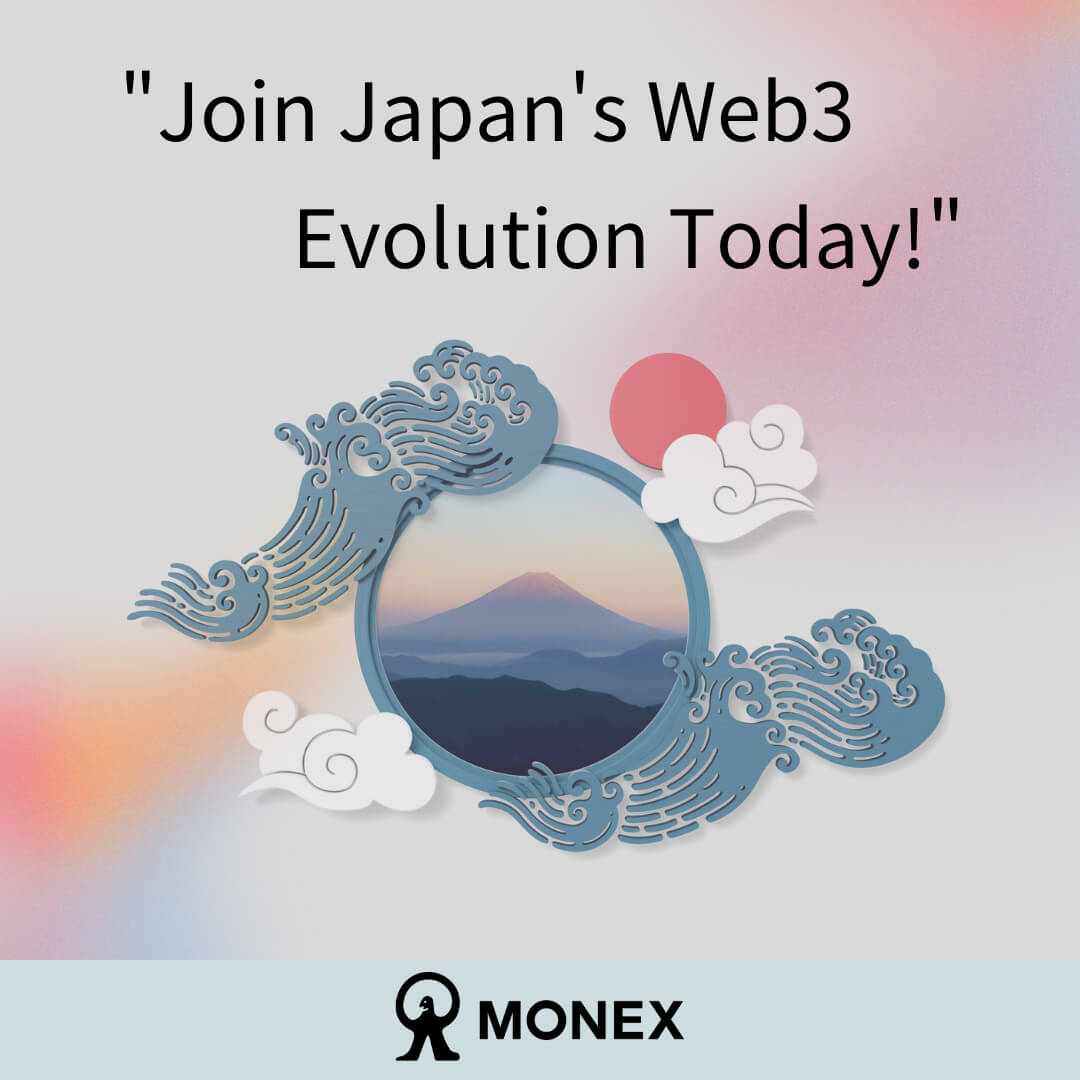
Deutsche Bank is building an ethereum-based Layer 2 blockchain to solve regulatory hurdles financial institutions face when using public blockchains, Bloomberg News reported on December 17.
The platform, called Project Dama 2, represents the German banking giant's attempt to harness the potential of blockchain technology while minimizing the risks associated with public ledgers, which can often inadvertently transact with sanctioned or criminal entities. .
The project, presented in November as a pilot, is designed to optimize asset servicing. It leverages ZKsync's zero-knowledge proof (zkp) technology to deliver cheaper and more efficient transactions.
Additionally, the use of zkp will enable greater privacy and customization for institutional users developing on Deutsche Bank's proprietary blockchain. crypto companies Memento Blockchain and Interop Labs are helping the development of the platform.
Notably, Project Dama 2 is part of the Monetary Authority of Singapore's Project Guardian, indicating growing interest among traditional financial players in blockchain-based asset servicing and tokenization solutions.
JPMorgan executed its first transaction on a public blockchain in late 2022, also as part of Project Guardian, while Visa is exploring tokenization of fiat currencies for traditional banks.
Meanwhile, traditional financial giants like BlackRock and Franklin Templeton have tokenized money funds with a combined market capitalization of more than $1 billion.
TradFi leveraging blockchain
Public blockchains offer immense efficiency for regulated lenders. ethereum is the favorite infrastructure for institutions, dominating 81% of real-world asset (RWA) tokenization.
However, the report noted that these benefits come with uncertainty over who validates transactions, the possibility of transaction fees reaching sanctioned entities, and the risk of unforeseen blockchain hard forks that could disrupt operations.
The solution found by Deutsche Bank was to add its own layer 2 blockchain to the mix. Boon-Hiong Chan, Asia-Pacific Industry Applied Innovation Leader at Deutsche Bank, said:
“By using two chains, several of these regulatory concerns should be able to be satisfied.”
As a result, the Dama 2 Project connects to ethereum and allows the bank to bypass some of the supposed risks inherent to public blockchains. By creating a curated list of transaction validators and offering tools to grant regulators exclusive “super administrator rights,” the bank hopes to provide a more secure and compliant blockchain experience.





